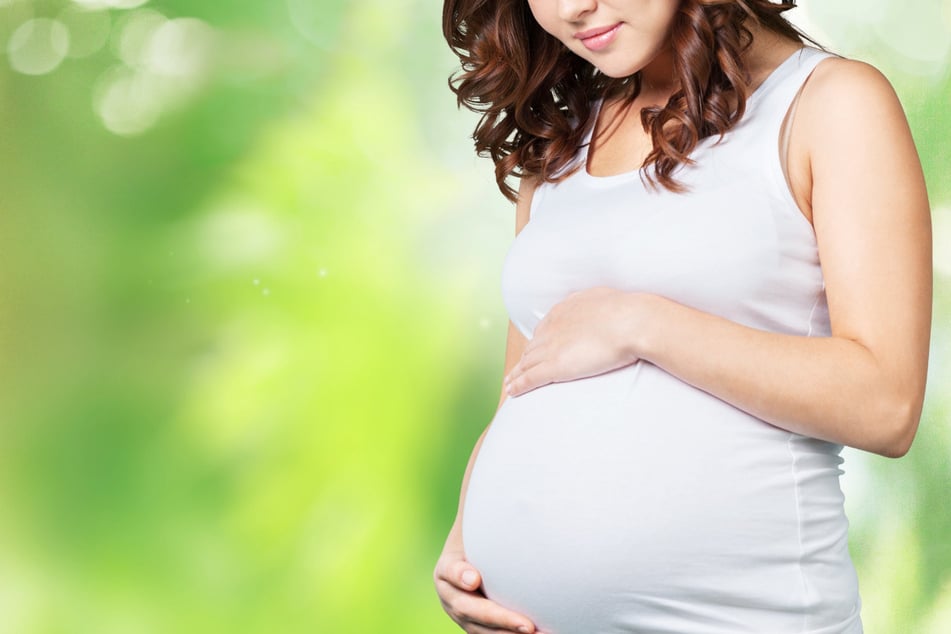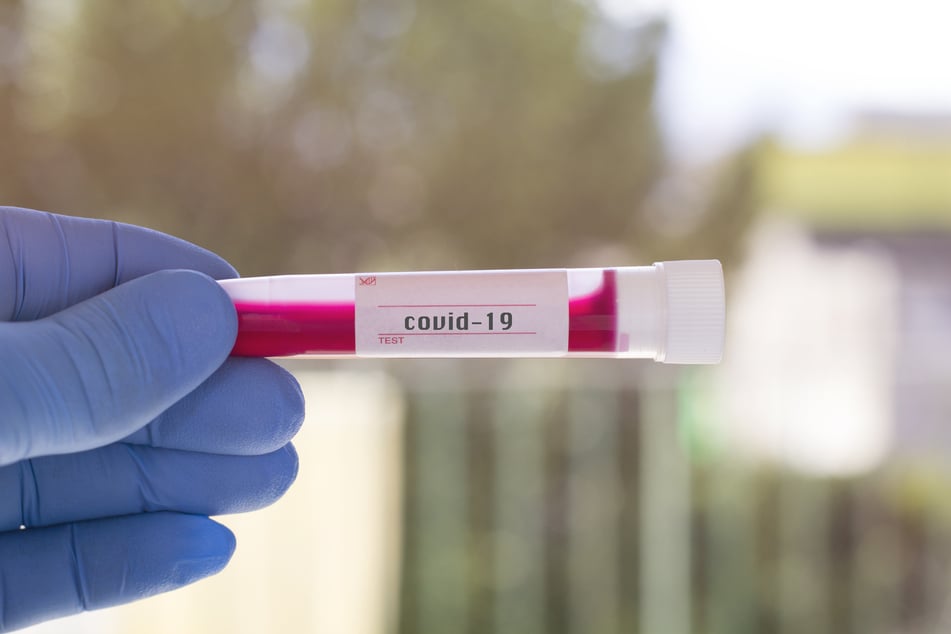Do sex hormones protect against coronavirus?
Chicago, Illinois – New research suggests that female sex hormones may help protect against the coronavirus.

The number of Covid-19 patients and deaths is still setting daily records worldwide.
Scientists have been working for months on solutions to slow down or even stop the spread of the potentially deadly pathogen.
To this end, researchers are trying to find out what factors have an influence on the SARS-CoV-2 strain.
One of the researchers is Graziano Pinna, Professor of Psychiatry at the University of Illinois at Chicago. In his study, published in the journal Trends in Endocrinology and Metabolism, Pinna examined the relationship between sex hormones and Covid-19.
Scientists already know that men seem to die more often from the disease than women.
They also know that coronavirus infections have a more serious impact on people with pre-existing conditions and people from certain demographic groups.
For example, according to Medical News Today, older people are hospitalized more often for Covid-19 than younger people, and the mortality rate is higher among the elderly.
Men tend to show more severe symptoms

In addition, patients with chronic diseases such as diabetes often have more severe coronavirus disease trajectories.
Results published in Frontiers in Public Health confirmed that men tend to have more severe coronavirus symptoms and complications than women.
The ratio of Covid-19 deaths in men and women is 1.35.
This means that for every 100 women who die, 135 men pass away from the disease – a ratio that rises and falls with age, reaching a peak of 2.56 in the 60-69 age group.
There is no significant difference in the number of men with SARS-CoV-2 compared to the number of women who have the infection.
But what influence do the sex hormones have? First, they play an important role in the body, for example in the production of antibodies. The female sex hormones estrogen and progesterone are also important for reproduction, as well as preventing heart diseases.
Graziano Pinna analyzed estrogen, progesterone, and the steroid allopregnanolone in his research.
"Progesterone and allopregnanolone can block the incredible overreaction of the inflammatory system, repressing it" and ensuring the body doesn't produce too many pro-inflammatory cytokines – proteins that regulate the growth and differentiation of cells.
Sex hormones are anti-inflammatory

Based on his findings, Pinna concluded that female sex hormones are a factor in coronavirus protection.
Pinna described cases in which pregnant women who tested positive for the virus had zero or only mild symptoms upon arrival at the hospital for delivery.
When their hormone levels dropped after delivery, they quickly developed severe coronavirus symptoms. Some even had to go into intensive care after giving birth.
Pinna used these observations to investigate the severity of symptoms in men versus women.
His explanation: hormones that contribute to the safety of pregnancy are "100 times more concentrated in a pregnancy’s third trimester. Estradiol, allopregnanolone, and progesterone all have important anti-inflammatory functions and are involved in resetting the immune system."
Additionally, "[p]regnant women are 15 times less likely to die from COVID than other women," and the trajectory of the disease is less severe for them than for women who are not pregnant.
Pinna believes this explains why women are generally better protected than men, in whom certain sex hormones only occur in reduced quantities.
This observation also helps answer the question of why younger people are more protected: the older someone is, the lower their hormone levels.
Pinna has one more piece of good advice: don't forget about good nutrition, as "it is something we can take care of each day to boost the immune system and make our bodies stronger against COVID." Certain foods can increase sex hormones. For example, soybeans, lentils, and legumes raise estrogen levels.
Cover photo: Montage: Andrii Nechypor/123RF, olegdudko/123RF, Andreas Fuelscher/123RF